Paradiso Canto 9
OVERVIEW
Rob Miner is a Professor of Philosophy at Baylor University. He teaches courses in Philosophy and Great Texts, and his specialties are in the history of medieval thought, the history of modern philosophy, Thomas Aquinas, Nietzsche, and Montaigne.
Questions for Reflection
- As Dante progresses through Paradiso, he has to resort to inventing words. Canto 9 includes a number of them: “s’inluia”—“in-Himmed” (9.73); “m’intuassi…t’inmii”—“in-you’d…in-me’d” (9.81). What is Dante gesturing to with these new terms? Why might he invent these terms specifically to use in Venus, the heaven of love and rhetoric?
- “Here we don’t repent, but smile instead” (9.103). Why is this true of heaven? How does this connect us back to the river Lethe in the garden of Eden at the end of Purgatorio? What are the blessed smiling about?
- Why might Dante want to associate the spiritual bliss of heaven with the very physical reality of the human smile?
- What does it mean that the souls in heaven “discern the good with which the world above informs the one below” (9.107-108)? What relationship does Dante draw here between heaven and earth and how does this inform the prayer that “God’s will be done on earth as it is in heaven”?
DETAILS
- Dr. Rob Miner
- Baylor University
- Run Time 9:19








